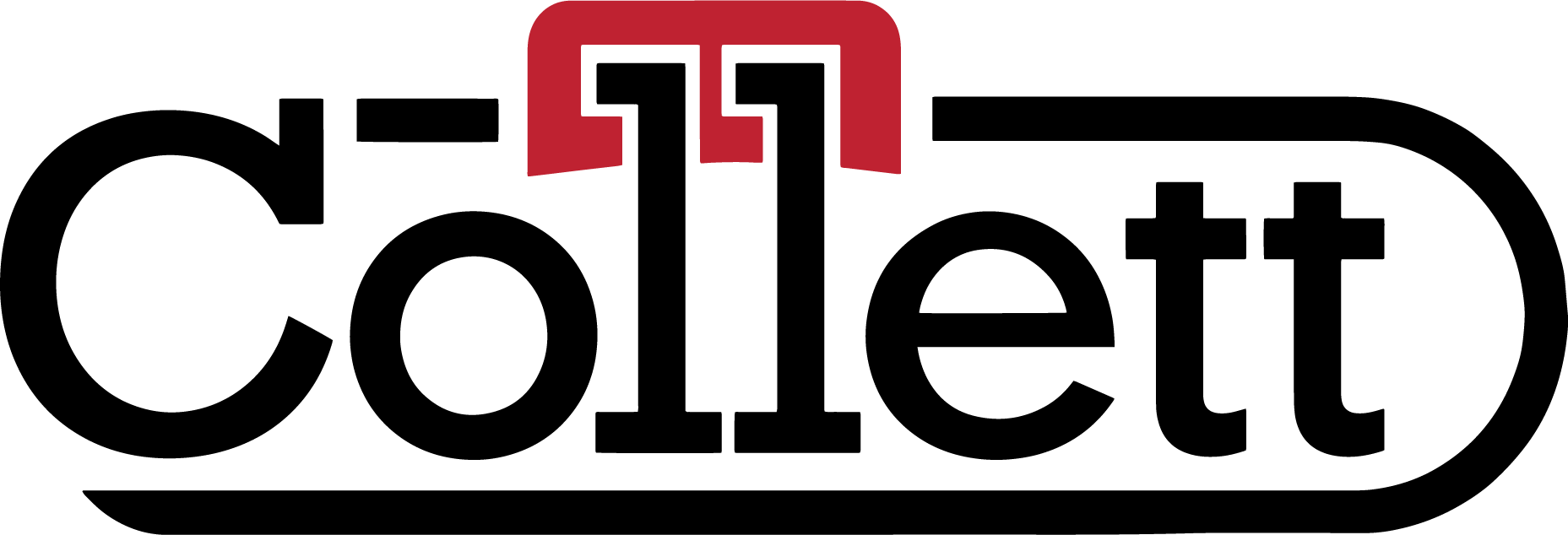When it comes to keeping your home warm, your water hot, and your stove cooking, propane is a reliable source of clean energy. Ohio residents know the value of propane in meeting their household energy needs. However, with great power comes great responsibility, and ensuring the safety of your propane system should be a top priority. In this blog post, we’ll dive into the importance of propane safety checks and how they can provide peace of mind for Ohio residents.
The Importance of Propane Safety
Propane is a versatile and efficient fuel, but like any energy source, it needs to be handled with care. Safety should always be a paramount concern when using propane in your home. Here are some compelling reasons why propane safety checks are essential:
1. Preventing Gas Leaks
Propane is stored in tanks and transported through pipelines to your home. Over time, these systems can develop leaks due to wear and tear or damage. A propane safety check can identify and rectify potential leaks before they become hazardous.
2. Ensuring Proper Ventilation
Propane-powered appliances require adequate ventilation to operate safely. A propane safety inspection can ensure that your appliances are properly ventilated, reducing the risk of carbon monoxide buildup in your home.
3. Preventing Fires and Explosions
Propane is a highly flammable gas, and if not handled correctly, it can lead to fires or explosions. Regular safety checks can detect issues with your propane system and prevent catastrophic accidents.
4. Extending Appliance Lifespan
Regular maintenance and safety checks can extend the lifespan of your propane appliances. Well-maintained appliances are not only safer but also more efficient, saving you money in the long run.
When Should You Schedule a Propane Safety Check?
Now that we understand why propane safety checks are crucial, let’s discuss when you should schedule them. Ohio residents should consider the following guidelines:
1. Annually
An annual propane safety inspection is a good practice. This comprehensive check will assess your entire propane system, including tanks, piping, regulators, and appliances. It ensures that everything is in top working condition.
2. Before Winter
Ohio winters can be harsh, and you rely heavily on your propane system for heating. Scheduling a safety check before the winter season ensures that your heating system is ready to keep you warm when you need it most.
3. After Severe Weather
Severe weather events, such as storms, can damage propane tanks and lines. After such incidents, it’s essential to have a safety check to assess and repair any damage.
4. When You Suspect a Problem
If you ever notice a propane odor (which smells like rotten eggs), hear hissing sounds near your propane tank, or experience any issues with your propane appliances, don’t hesitate—schedule a safety check immediately.
What to Expect During a Propane Safety Check
Now that you know when to schedule a safety check, let’s explore what the process involves. During a propane safety check, a qualified technician will:
1. Inspect Propane Tanks
The technician will visually inspect your propane tank for signs of rust, corrosion, or damage. They will also check the pressure relief valve and other safety features.
2. Examine Gas Lines and Piping
All gas lines and piping will be inspected for leaks, loose fittings, and wear and tear. Any issues will be addressed promptly.
3. Assess Regulators
The regulator’s function is crucial in controlling the flow of propane to your appliances. The technician will ensure it is working correctly.
4. Check Appliances
Propane-powered appliances, such as water heaters, furnaces, stoves, and grills, will be inspected for proper operation and safety.
5. Test Carbon Monoxide Detectors
If you have carbon monoxide detectors in your home, they will be tested to ensure they are functioning correctly.
6. Educate Homeowners
A reputable technician will take the time to educate homeowners on propane safety, including how to detect leaks, what to do in case of an emergency, and general propane safety guidelines.
DIY Propane Safety Tips
While professional propane safety checks are essential, homeowners can also take some precautions to ensure safety between inspections:
-
Install propane gas detectors: These detectors can provide an early warning of gas leaks.
-
Learn how to shut off your propane supply: In case of an emergency, knowing how to turn off the gas supply can prevent further issues.
-
Store propane tanks properly: Keep propane tanks upright and in a well-ventilated area, away from direct sunlight and heat sources.
-
Regularly inspect visible gas lines: Check for any visible damage, corrosion, or loose connections.
Propane is a reliable and efficient energy source for Ohio residents, but it must be used with care. Propane safety checks are essential to ensure that your propane system operates safely and efficiently, providing peace of mind for you and your family. Don’t wait until a problem arises—schedule regular safety checks and follow basic safety guidelines to enjoy the benefits of clean propane energy worry-free.
Remember, safety should always be a priority. Stay tuned for our next blog post, where we’ll dive deeper into propane safety tips and guidelines.
For all your propane needs and professional safety checks, trust Collett Propane—the name Ohio residents rely on for clean, safe energy. Contact us today to schedule your propane safety check and experience the peace of mind you deserve.
